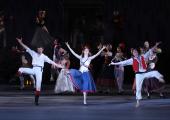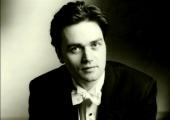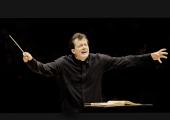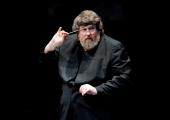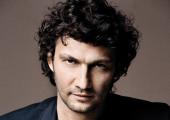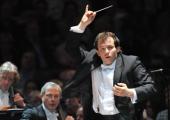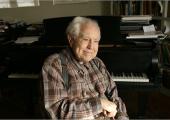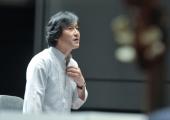Uchida, CBSO, Nelsons, Symphony Hall, Birmingham
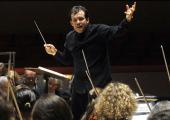
The charm and simplicity of the Japanese pianist aren't always in style with Latvian conductor
“Did he who made the Lamb make thee?” Blake asked the tiger. One might have asked the same question of Scriabin’s Poem of Ecstasy, with Mozart’s G major Piano Concerto, K.453, as the lamb, in this hyper-diverse Birmingham concert. The image of divine simplicity was in the delicate hands of Mitsuko Uchida, whose Mozart resisted every striped temptation that Andris Nelsons and the CBSO threw in her path.

